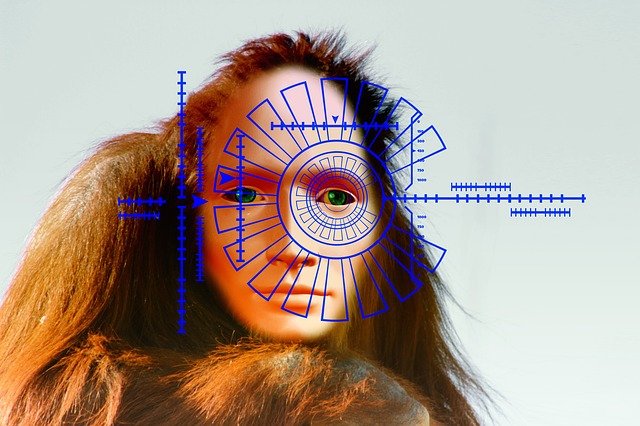 Perhaps no other scientific theory is as debated as the concept of evolution. This, despite the fact that the principles of evolution are evident and ongoing, even today. We see life forms adjust and adapt to their environment on a regular basis. Fossil records support the concept. Differences in life forms from one area to the next or from one climate to another support the idea that those life forms adjust and adapt.
Perhaps no other scientific theory is as debated as the concept of evolution. This, despite the fact that the principles of evolution are evident and ongoing, even today. We see life forms adjust and adapt to their environment on a regular basis. Fossil records support the concept. Differences in life forms from one area to the next or from one climate to another support the idea that those life forms adjust and adapt.
But what about the beginning of life as described in the book of Genisis?
The book of Genisis is not without its critics. While the timeline of the development of life on earth is fairly accurate by today’s understanding, it does seem a bit too simplistic. It does leave out some of the most critical details. But so too does the scientific version of the beginnings of life on earth.
While science can make some pretty educated guesses on the process of earth’s development, when it comes to the emergence of living things, it omits a very crucial factor.
How does a chemical soup transform into a living thing?
Science can speculate on how water, gases and certain chemical elements could have arrived on earth during a very long period as the earth formed, but might be at a loss to explain the process that transforms those inert elements into a new combination that is capable of replicating itself and spreading over the surface of the planet.
Perhaps the early earth had only one landmass that gradually broke apart and created the different continents. That would certainly explain how life forms came to be distributed across the surface of the earth. Then perhaps evolution did occur and caused the ultimate differences in life forms from one area to the next.
But there are more twists to the story.
Genisis also records that plant life preceded animal life. another area of agreement with science. It also states that the first animal life forms were fish in the seas, followed by birds and land animals. Score another win for science.
But somewhere in this mix of theories and speculation is a big gap. A very big gap.
Even if we accept that plant life somehow came into being and instantly became capable of self-replication, there is another enormous gap between that plant life and animal life that was capable of self-awareness and the ability to react to its environment.
Even if we accept the idea that humans were the product of an evolutionary process that stretches back to the first fish in the sea, the leap between a plant rooted in the soil and the emergence of any animal life requires us to accept a pretty big lapse in logic.
The bottom line is that the transformation of that chemical soup of earth’s early history into the simplest life forms requires a spark of creation that can only be explained by intelligent and incredibly complex design that is best described in these few words … “In the beginning, God created…”
